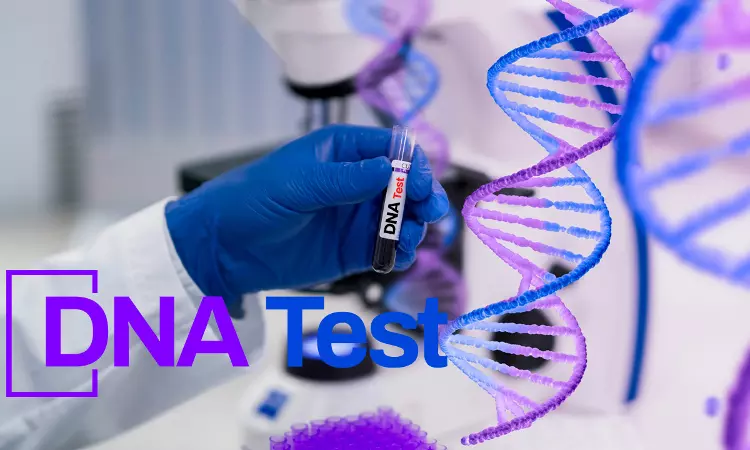Kerala High Court Stays Orders For Collecting Blood Samples Of Children Of Rape Victims For DNA Testing
Navya Benny
6 July 2023 11:11 AM IST

Next Story
6 July 2023 11:11 AM IST
The Kerala High Court has stayed various lower court orders directing the collection of blood samples of children of rape and Protection of Children from Sexual Offences Act (POCSO) survivors for DNA testing.Justice K. Babu passed the Order staying the implementation of six lower court orders of Mancheri Fast Track Sessions Court, Kattapana POCSO Special Court, Ramankari Judicial First...
